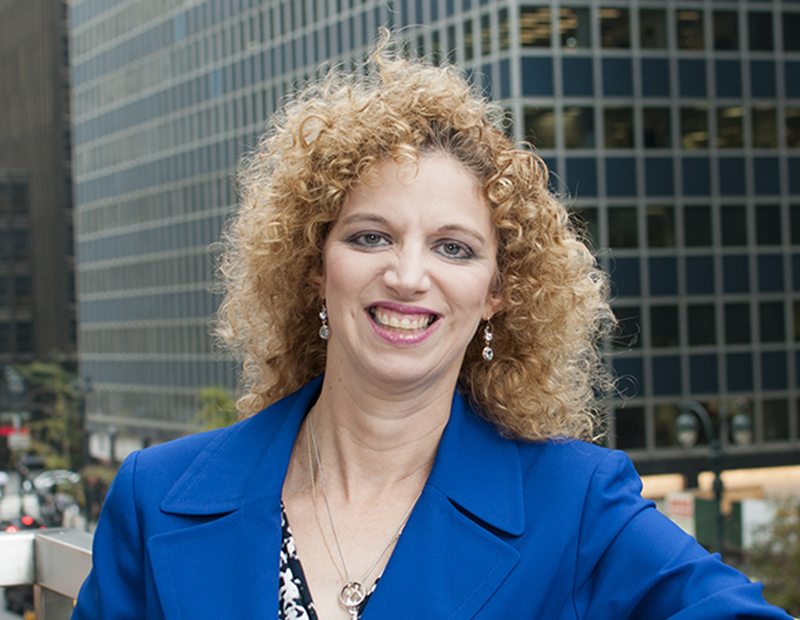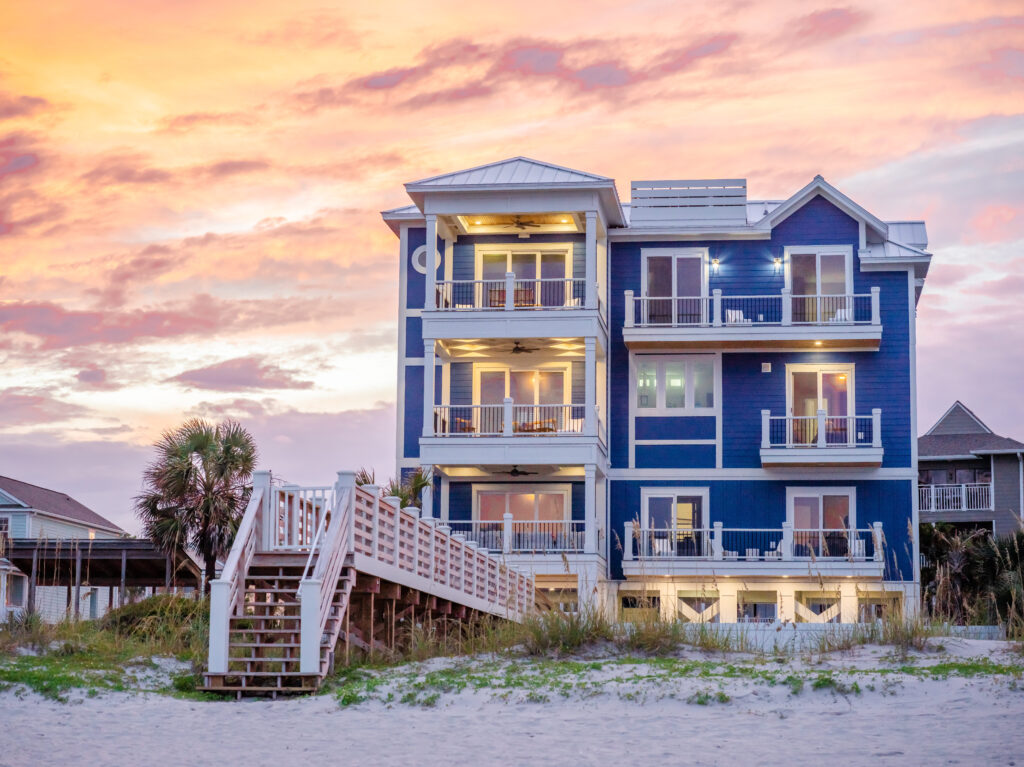Berkshire Hathaway Vice Chair Charlie Munger warned of “trouble ahead” for the U.S. commercial property market as federal regulators seized First Republic Bank early Monday morning.
In these times, double down — on your skills, on your knowledge, on you. Join us Aug. 8-10 at Inman Connect Las Vegas to lean into the shift and learn from the best. Get your ticket now for the best price.
Berkshire Hathaway Vice Chairman Charlie Munger reportedly believes there is “trouble ahead for the U.S. commercial property market,” according to CNBC, as regulators seized First Republic Bank early Monday morning and struck a deal to sell off the troubled lender to JPMorgan Chase, marking the second-largest bank failure in U.S. history.
The failure comes as the U.S. banking system prepares for further vulnerability due to the distressed state of the commercial real estate market, with Munger warning of “bad times” to come in a recent Financial Times interview as U.S. banks are packed with “bad loans.”
JPMorgan will assume all of First Republic’s $92 billion in deposits, both insured and uninsured, according to a JPMorgan Chase announcement. It will also buy most of the bank’s assets — $173 billion in loans and $30 billion in securities. Other transaction elements following the FDIC’s competitive bidding process, include:
- FDIC will provide loss share agreements covering acquired single-family residential mortgage loans and commercial loans, as well as $50 billion of five-year, fixed-rate term financing.
- JPMorgan Chase is not assuming First Republic’s corporate debt or preferred stock.
“This acquisition modestly benefits our company overall, it is accretive to shareholders, it helps further advance our wealth strategy, and it is complementary to our existing franchise,” Chairman and CEO of JPMorgan Jamie Dim said in a statement. “Our financial strength, capabilities and business model allowed us to develop a bid to execute the transaction in a way to minimize costs to the Deposit Insurance Fund.”
The San Francisco-based lender lost $100 billion in deposits during a March run spurred by the failure of fellow midsized lenders Silicon Valley Bank and Signature Bank, and the absorption of UBS by its rival Credit Suisse. A group of America’s biggest banks attempted to come to its rescue with a $30 billion deposit but the attempt did not pan out. The deposit will be paid back after the deal closes, JPMorgan said in its announcement of the deal.
As part of the deal hammered out by the federal government, the Federal Deposit Insurance Corporation (FDIC) will share losses with JPMorgan Chase on First Republic’s Loans. The agency estimated its insurance would take a hit of $13 billion as a result of the deal.
The collapse of First Republic places just behind the collapse of Washington Mutual in 2008, the biggest bank collapse in U.S. history. Three of the four largest-ever U.S. bank collapses have occurred in the past two months, with Silicon Valley Bank and Signature Bank in the third and fourth spots.
JPMorgan, the largest bank in the United States, will emerge from the deal even bigger. The lender already took in $50 billion in deposits from nervous First Republic customers who moved their money before the bank was shuttered by regulators.
The transaction is expected to be modestly EPS accretive and generate more than $500 million of incremental net income per year, not including the approximately $2.6 billion one-time post-tax gain or approximately $2.0 billion of post-tax restructuring costs expected over the course of 2023 and 2024.
Executives said they agreed to the deal to aid in stabilizing the financial system.
“Our government invited us and others to step up, and we did,” Dimon said.
Email Ben Verde
















